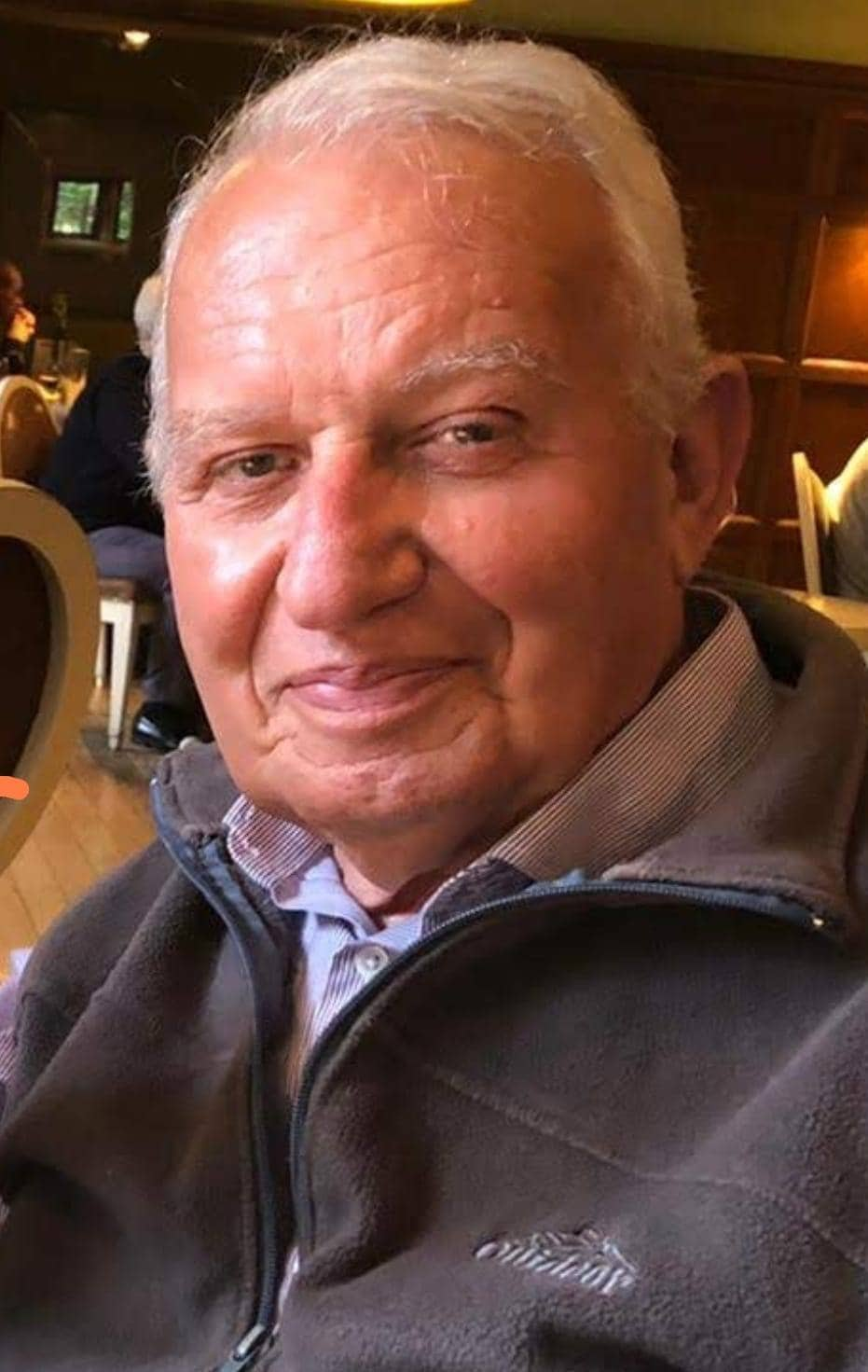Two journalists from Slovak independent media platform Dennik N could face up to a year in prison for revealing the identity of a man who conducted and organised illegal surveillance of journalists, including Jan Kuciak, who was killed in 2018.
Monika Todova and Konstantin Cikovsky have been charged with disclosing classified information. The charges, filed just weeks before the statute of limitations expires, dates back to an article published in 2018.
The story focussed on Peter Toth, at the time head of counter-intelligence at the Slovak Intelligence Service. One of the journalists under surveillance was Kuciak, who was later murdered together with his girlfriend in their home. Among those monitored was also Todova, a co-author of the investigation.
But the illegal surveillance wasn’t carried out by the Intelligence Services. It was allegedly ordered by Marian Kocner who is currently on trial for ordering the murder of Kuciak.
It’s alleged that Kocner paid Toth to conduct surveillance on at least five Slovak journalists for some six months.
Dennik N reported that Toth decided to turn witness and collaborate with authorities investigating the murder. Reportedly, this was because he knew that, sooner or later, his activities and communications with Kocner would be unearthed.
Todova and Cikovsky reported that Toth was collaborating with the police and prosecution and, in return, enjoys witness protection.
Toth decided to file charges against the journalists almost three years later.
(1) This is wrong. The Slovak State is charging journalists for revealing truths in one of the most outrageous cases of illegal surveillance in the EU country. Surveillance that culminated with Jan Kuciak’s assassination. @icjkuciaka @OCCRP https://t.co/8usHUDwmGZ
— Paul Radu (@IDashboard) September 21, 2021
The journalists have said they will challenge the indictment, adding that it could take months before it makes it to court.
The murder of Kuciak sent shockwaves through Slovakia and Europe. It also confirmed what many Slovaks feared – that organised crime, politics, and an elite mafia controlled and influenced their country.
Protests took place across the country, and Prime Minister Robert Fico and half his cabinet resigned.
So far, Miroslav Marcek and Zolaan Andrusko have been sentenced to 23 years and 15 years, respectively, for carrying out the murders that occurred three months after journalist Daphne Caruana Galizia was assassinated in Malta. Tomas Szabo, Marcek’s cousin, was convicted for involvement and sentenced to 25 years.
Kocner and his associate Alena Zsuzsova were accused of paying for the murder. A court controversially ruled that there wasn’t enough evidence to convict them.
The prosecution launched an appeal, and this summer, the Supreme Court ordered a retrial. Both deny their involvement but are both serving long sentences in prison for other crimes.
Zsuzsova for ordering the killing and Kocner for forgery and fraud.
Kocner is a well-known businessman with interests in real estate, investments, and the financial sector. His name had previously appeared on leaked police documents otherwise known as “mafia lists” back in 2005. He was suspected of involvement in organised crime.
In 2019, he was added to the global Magnitsky sanctions list.
Kuciak had been investigating Kocner at the time of his murder. He had also been on the receiving end of various threats. These included Kocner saying he was going to start gathering incriminating evidence about the journalist and his family.













